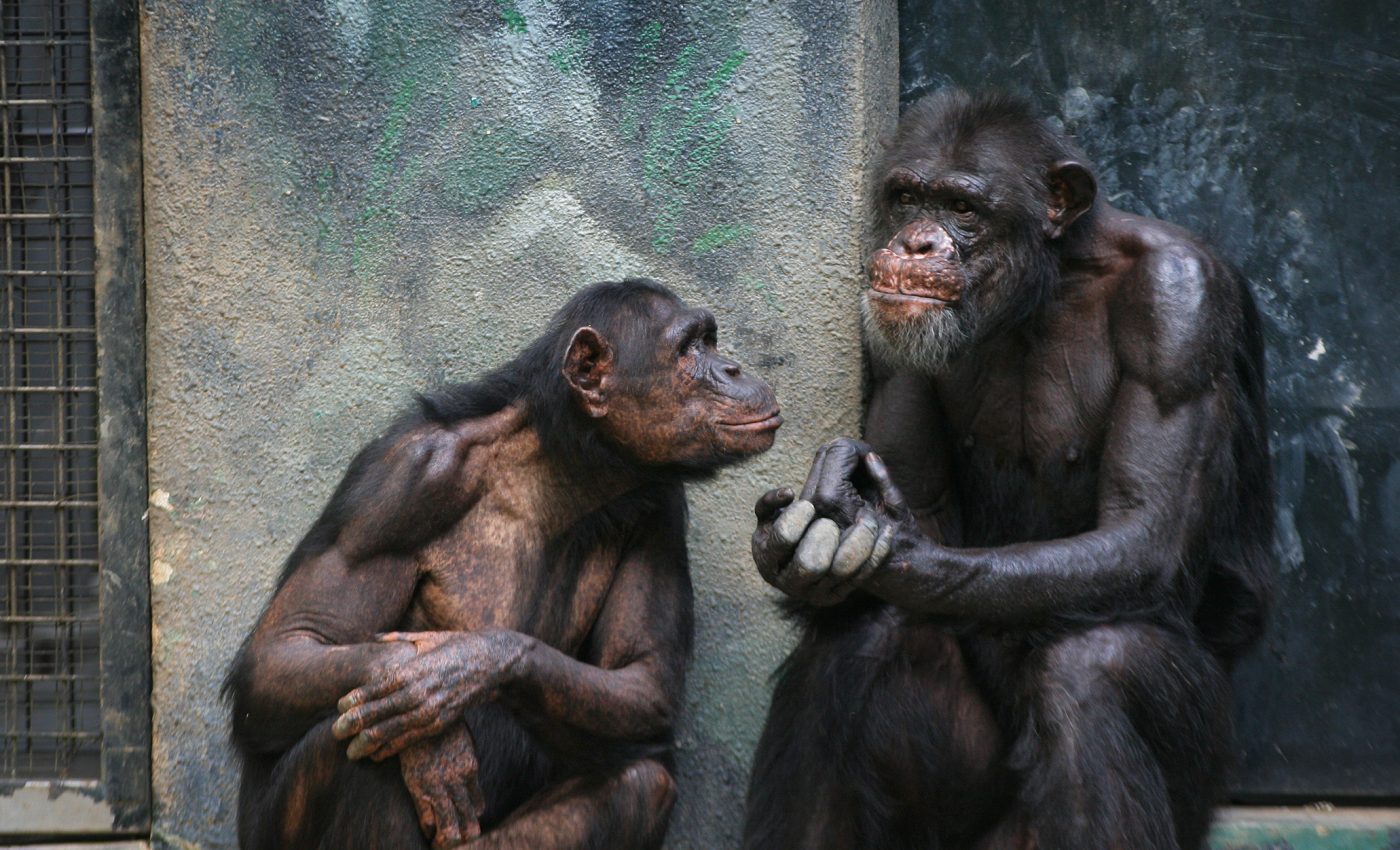
Conservation efforts should also consider animal social lives
New research published in the journal Science argues that knowledge of animals’ social lives and culture must be taken into consideration during the planning process of international conservation efforts. Researchers say that species social learning, which leads to unique animal culture, can enhance both conservation practice and policy.
For example, survival skills, like communication, foraging, and migration, are often learned by young via observation of elders within their group. Unlike genetic transmission, social knowledge is passed through the generations and changes based on environment. However, social knowledge can also result in cultural subgroups within species, with contrasting behaviors and a different set of skills to those in different subgroups. Understanding these subgroups can have a huge impact on conservation efforts.
“Beyond genes, knowledge is also an important currency for wildlife,” said the lead author of the paper, Philippa Brakes, from the University of Exeter. “As well as conserving genetic diversity, we must work towards maintaining cultural diversity within animal populations, as a reservoir for resilience and adaptation. This is an important reframing of our understanding of the natural world, which will necessitate changes in international wildlife law.”
Brakes and colleagues team state that protecting “social capital” may come down to conserving species based on cultural behavior rather than genetics or geography. Other groups may need aid in protecting their social knowledge “repositories,” those animals like elephant matriarchs that pass knowledge and experience to youths.
The Convention on the Conservation of Migratory Species of Wild Animals (CMS) has been working on the preservation and conservation of animal culture and recently held a conference during which experts pooled their information of social knowledge expertise to improve species conservation efforts.
“This is an incredibly important development,” said senior author of the paper, Professor Christian Rutz, from the University of St Andrews. “Decades of research on animal cultures are now being put to good use in conservation science and policy making, and we have a much better idea of what knowledge gaps still need filling.”
The paper’s authors urge governments to take their work into consideration when going forward with conservation policy.
“This new frontier of animal culture and social complexity opens a fascinating and innovative perspective on how we consider animals; from single components of population models to individuals who offer specific contributions to the rest of the social group,” said Dr. Fernando Spina, Chair of the CMS Scientific Council. “When thinking of strategies to conserve migratory animals, which is the main mission of CMS at the global level, with individual animals visiting different countries along their annual cycle, cultural transmission of knowledge on how to fulfil their incredible migratory journeys is a new component environmental policies should fully take into account.”
—
By Olivia Harvey, Earth.com Staff Writer













